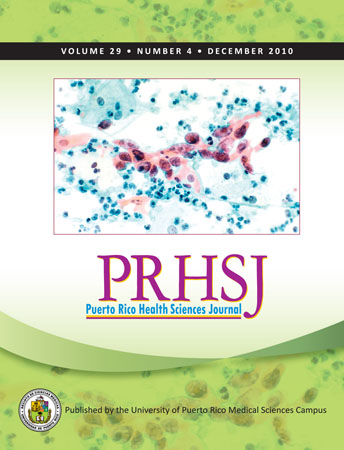Abstract
Objective: Rho family GTPases are molecular switches that control signaling pathways regulating a myriad of cellular functions. Rac1, a Rho family member, plays a critical role in several aspects of tumorigenesis, cancer progression, invasion, and metastasis. Rac proteins are not mutated in most invasive human cancers but are found to be overactive or over-expressed. Since Rho GTPases are activated by guanine nucleotide exchange factors (GEFs), inhibition of the interaction of Rac with its GEFs is a targeted strategy for blocking Rac activation. Methods: The IC50 of NSC23766, an inhibitor of the interaction of Rac1 with a subset of GEFs, is too high for therapeutic use and more efficacious inhibitors are desired. Therefore, we initiated the synthesis of new derivatives of NSC23766 with modifications of the substituents connected to the central pyrimidine ring, and tested their Rac1 inhibitory activity. Results: Several of the NSC23766 derivatives were shown to inhibit Rac1 activity of cancer cells with higher efficiency (20-50% more) than NSC23766. The new compounds are not toxic to normal mammary epithelial cells and are more efficient (60-70%) than NSC23766 in inhibiting cell migration and reducing cell spreading and extension of lamellipodia, cell functions regulated by Rac that contribute to cancer invasion. Conclusion: Based on the results, we conclude that the novel compounds show promise of further development as small molecule inhibitors of invasive breast cancer progression.
Authors who publish with this journal agree to the following terms:
a. Authors retain copyright and grant the journal right of first publication with the work simultaneously licensed under a Creative Commons Attribution License that allows others to share the work with an acknowledgement of the work's authorship and initial publication in this journal.
b. Authors are able to enter into separate, additional contractual arrangements for the non-exclusive distribution of the journal's published version of the work (e.g., post it to an institutional repository or publish it in a book), with an acknowledgement of its initial publication in this journal.
c. Authors are permitted and encouraged to post their work online (e.g., in institutional repositories or on their website) prior to and during the submission process, as it can lead to productive exchanges, as well as earlier and greater citation of published work (See The Effect of Open Access).
